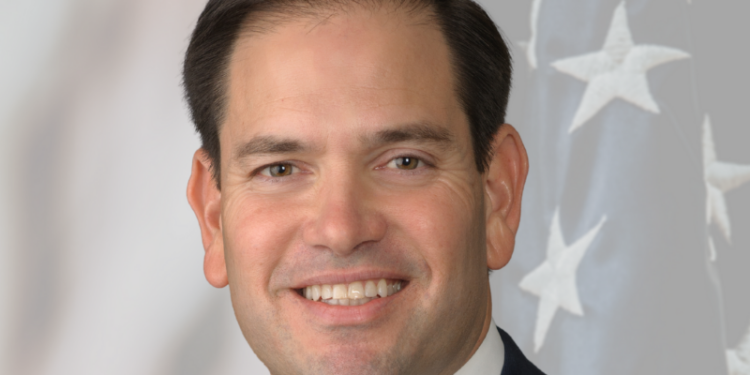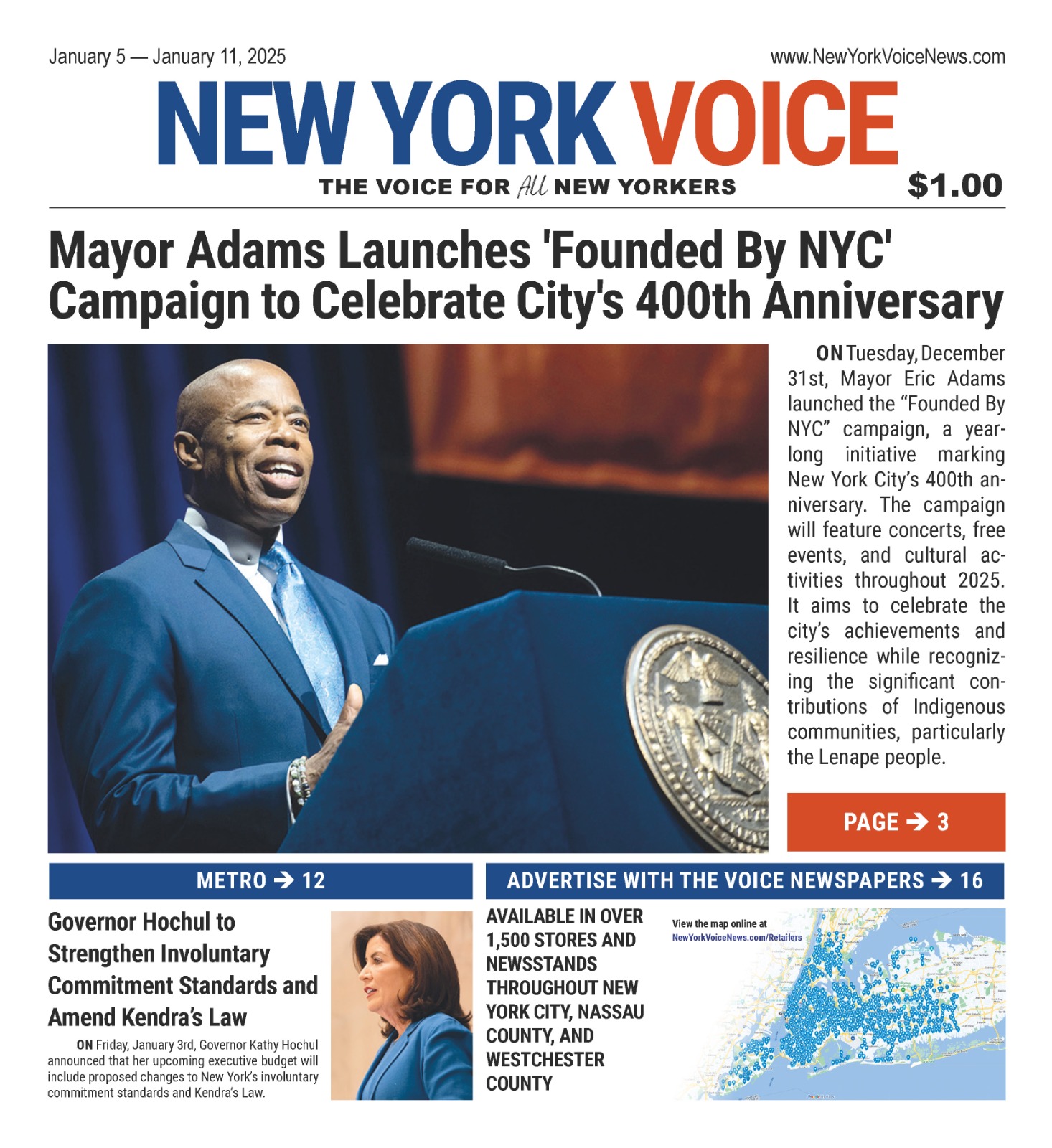President-elect Donald Trump officially nominated Florida Senator Marco Rubio for appointment as his Secretary of State on Wednesday, November 13th, making him the first Latino to hold the position in U.S. history. This decision places Rubio at the helm of America’s foreign policy during a time of global unrest, with tensions involving Ukraine and China among the key challenges.
Rubio, 53, is known for his tough stance on global adversaries such as China, Cuba, and Iran. While he has softened some of his views to align with Trump’s “America First” approach, his reputation as a strong advocate for U.S. interests remains. His selection signals that Trump’s second-term administration will continue to prioritize a firm and assertive foreign policy.
Initially, Trump was leaning toward former diplomat Ric Grenell, but sources say conversations with Rubio’s allies led to a shift in preference by the end of the day on Monday, leading to the announcement on Wednesday.
Upon the announcement, Senator Rubio said, “Leading the U.S. Department of State is a tremendous responsibility, and I am honored by the trust President Trump has placed in me. As Secretary of State, I will work every day to carry out his foreign policy agenda. Under the leadership of President Trump, we will deliver peace through strength and always put the interests of Americans and America above all else. I look forward to earning the support of my colleagues in the U.S. Senate so the President has his national security and foreign policy team in place when he takes office on January 20.”
With experience on the Senate Intelligence and Foreign Relations Committees, Rubio is well-equipped for the role. His firm stance on China, particularly on blocking Chinese influence in U.S. technology, will likely be a cornerstone of his diplomatic efforts. Additionally, his focus on Latin America, including his opposition to the Cuban government and Maduro’s regime in Venezuela, will shape his foreign policy agenda.
Rubio’s connection with Trump has developed since the 2016 GOP primary, and his appointment is likely to strengthen ties with Latino voters, a critical demographic for Republicans. If approved, Rubio would place much-needed emphasis on Latin American affairs while also addressing global issues like the Ukraine crisis and U.S.-China tensions.
Although his appointment is not yet final, pending Senate approval, Rubio’s potential role at the State Department is expected to bring greater attention to Latin America and reinforce U.S. security and diplomatic goals.










